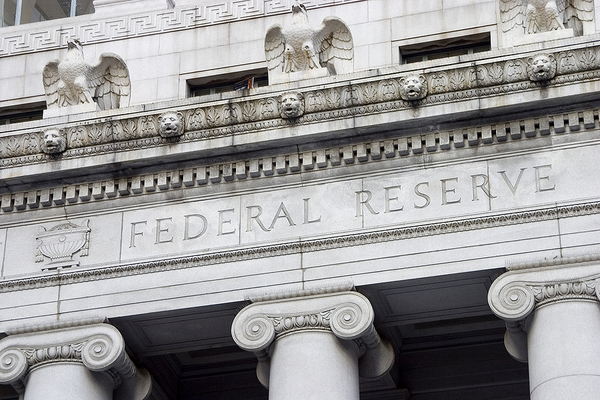View Sale Announcement Detail


Archived news
EXCERPT: With a COVID-19 vaccine on the horizon, the economy will likely improve as pent-up demand among consumers is released when restrictions are eased. This environment could drive inflation and interest rates up.

Inflation could be set for an increase upon news of a COVID-19 vaccine on the horizon.
When the coronavirus pandemic first struck earlier this year, inflation dropped significantly. Consumer confidence, spending, and demand plummeted as people lost their jobs and businesses shut their doors.
But recent clinical trials from the likes of Pfizer and other big pharma companies promising a safe and highly effective COVID-19 vaccine suggest that inflation will bounce back. Americans will be better able to resume activities that have been restricted to avoid the spreading of infection.
Vaccine Could Spur Consumer Spending
More specifically, consumers will soon be spending more money on travel, eating out, and spending more time shopping in-person, which can lead to price increases throughout the US. And considering the strong economy we had prior to the pandemic, it's likely that it will recover to some degree after a vaccine allows Americans to get back to their normal pre-pandemic routines.
Government stimulus programs that started in March provided much-needed financial assistance to Americans who suffered a loss in income, and a lot of that money has not yet been spent based on the high savings rate. According to the Congressional Budget Office, the coronavirus relief payments made to eligible households will help drive the federal debt to 98 percent of gross domestic product (GDP) in 2020.
That's the highest level seen since the end of the Second World War and could increase the price of goods and services considering more cash flowing into the economy.

Inflation Set to Change Course
An increase in inflation would reverse what we've seen over the past decade, where inflation seldom reached the 2 percent target set by the Federal Reserve, even amid low unemployment rates and a robust economy. That could suggest that inflation might not be as strongly influenced by a healthy economy as much as it used to be. Certain factors could hinder increases in prices, such as an aging population and technological advancements.
This train of thought could, in part, be why the central bank recently stated that it wouldn't hike interest rates in an effort to hinder a spike in inflation. Rather, the Fed would allow inflation to increase at a modest rate over the 2 percent mark to accommodate periods when it's well under that level.
Weak inflation over the past few years can be attributed to a strong US dollar and low oil prices. But oil prices are expected to increase while the dollar may weaken amid a recovery in the global economy. In turn, inflation could rise above 2 percent and remain above that level by the middle of the coming decade.
After years of low inflation, an increase following COVID-19 inoculation among millions of Americans would test out the Fed's new framework of periods of higher inflation after long periods of inflation lulls. All eyes will remain on the Federal Reserve and how it will react to a rise in inflation under the new framework.
Banks Encouraged to Make Some Much-Needed Changes to the Books
As COVID-19 vaccines become available and the economy opens up, pent-up demand will be released, which could trigger inflation and higher interest rates. As such, banks and credit unions should consider selling longer-term assets and purchasing shorter-term, high-quality assets in this environment, and Garnet Capital can help with that.
Register for our online portfolio auction system today or call 914-909-1000 for more information.

